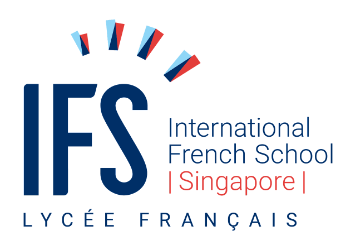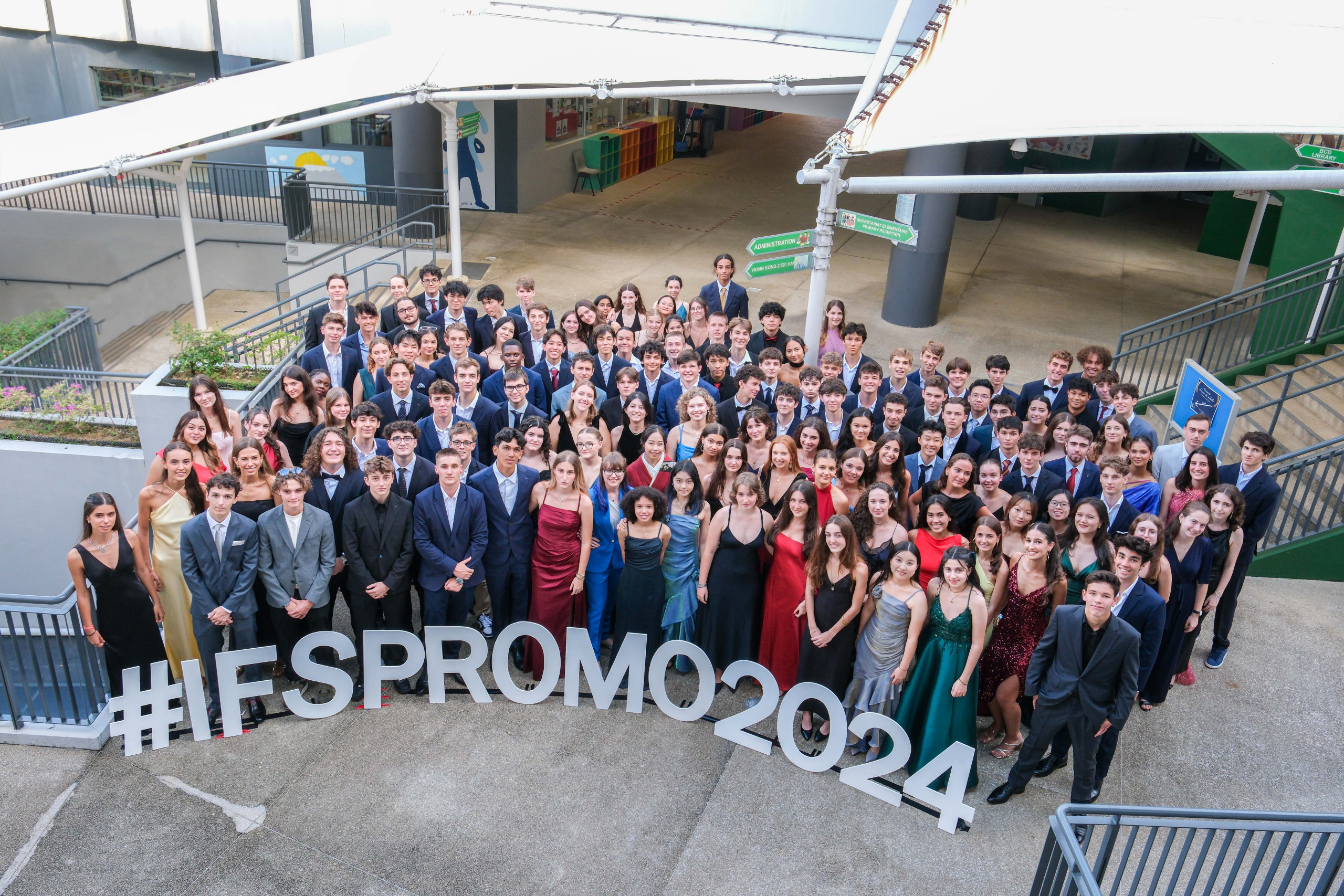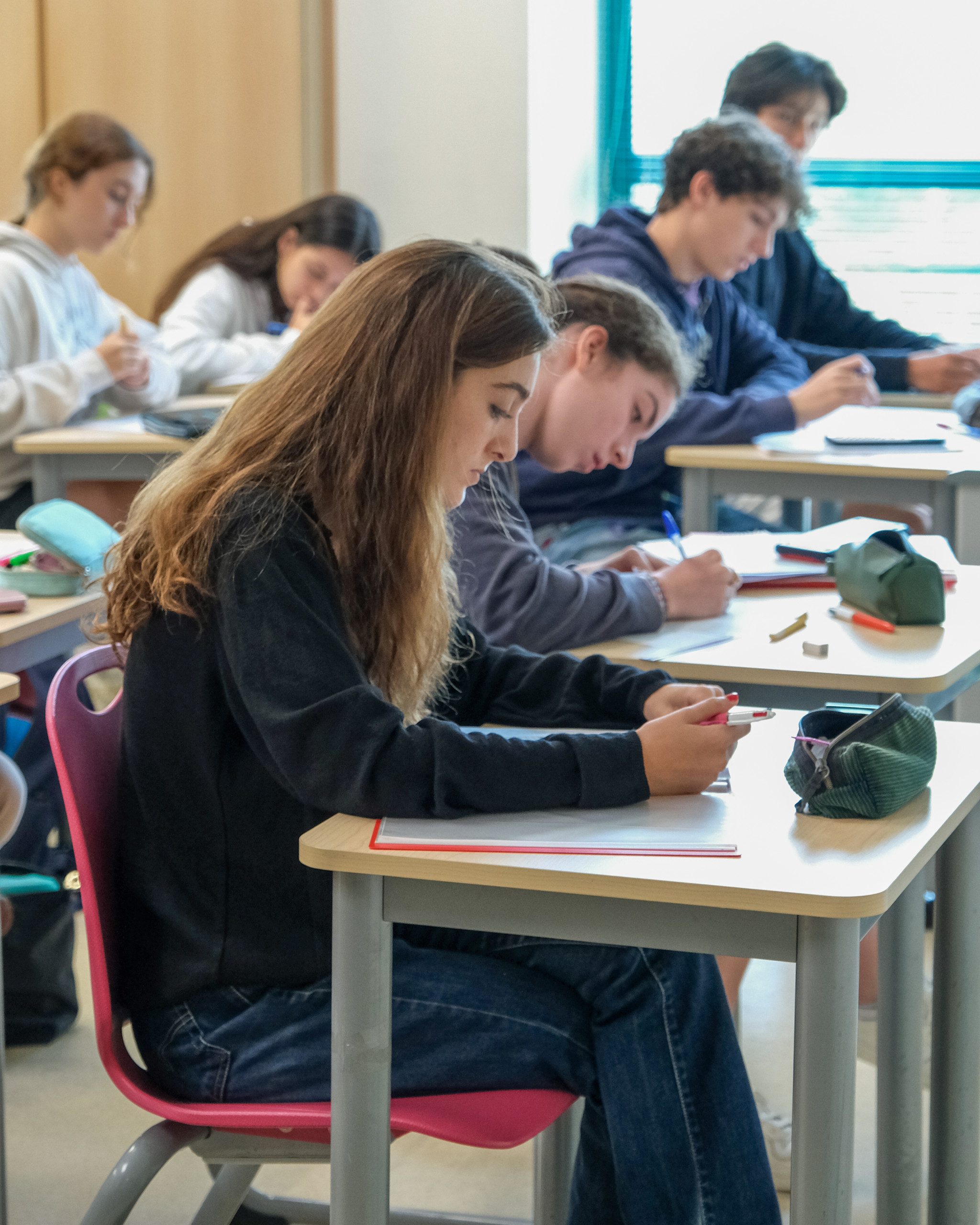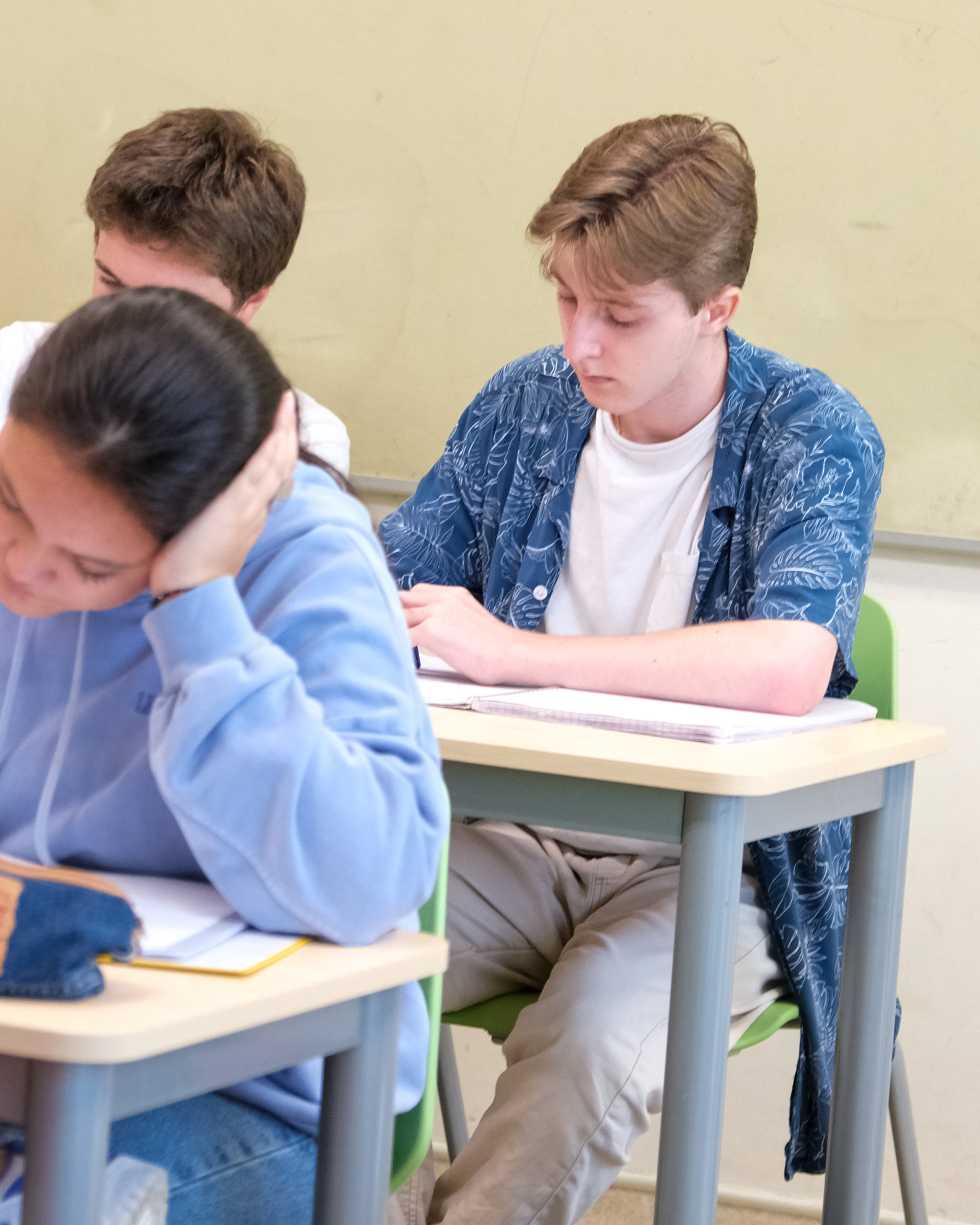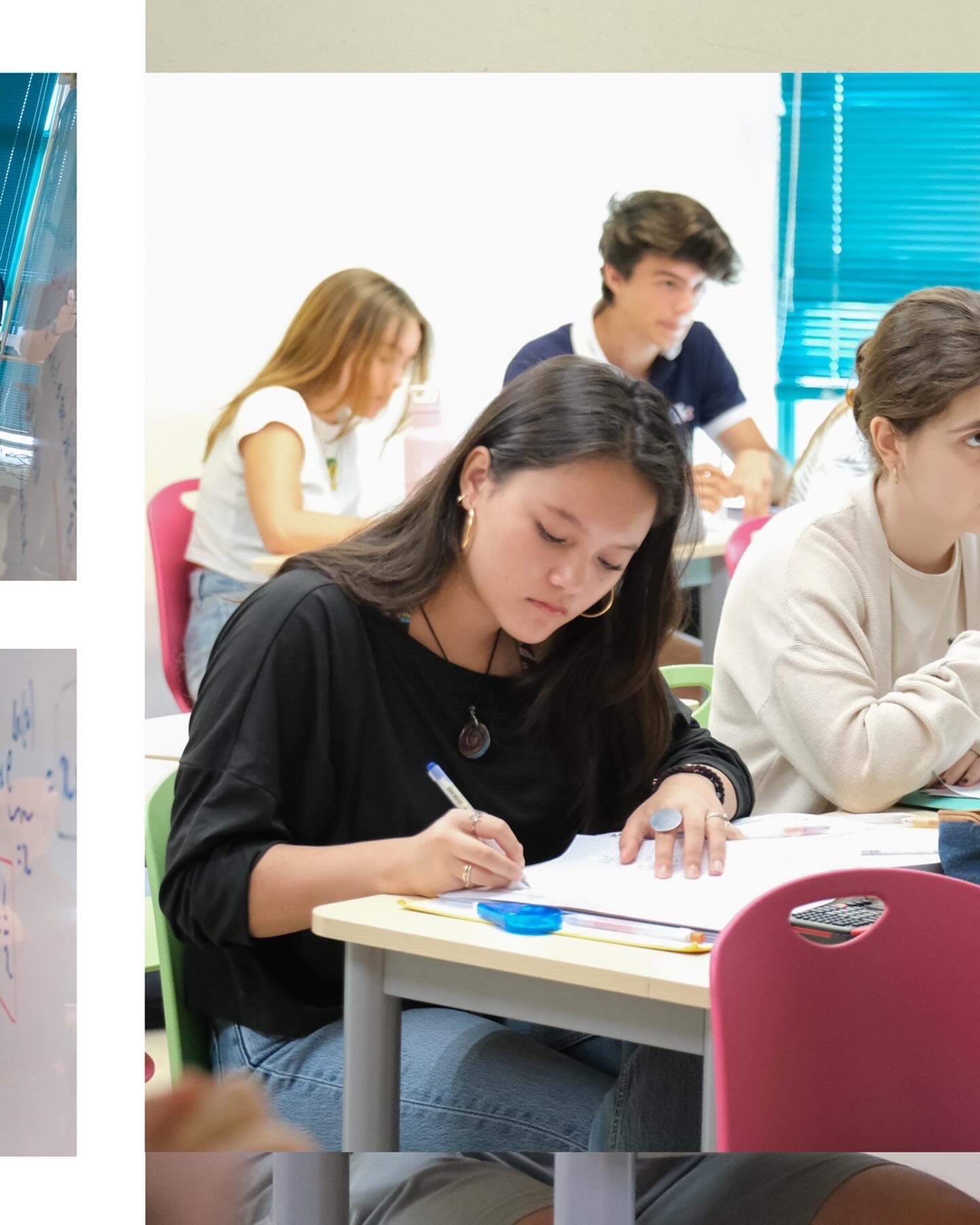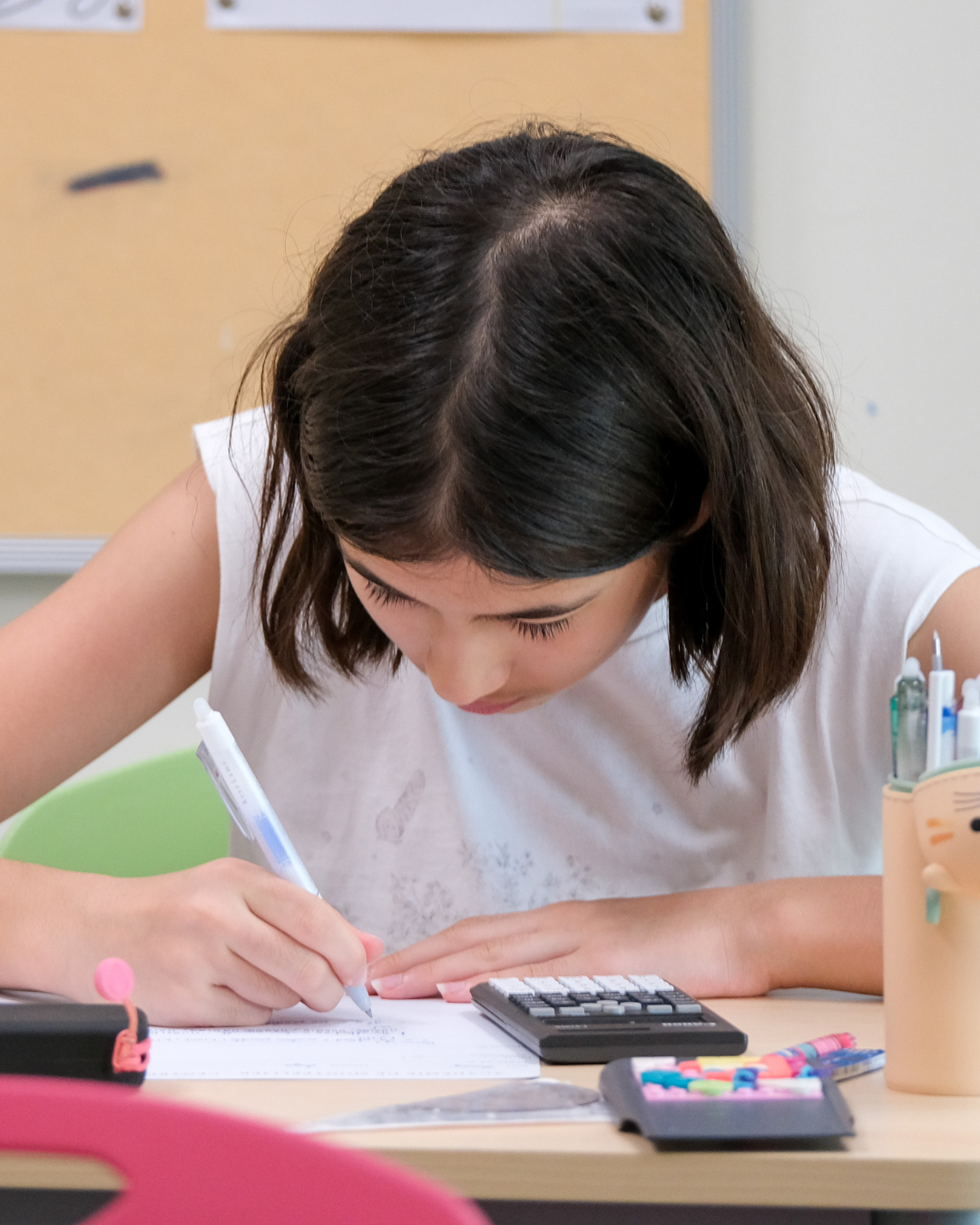
GRADE 9
French National Diploma (DNB) – Diplôme National du Brevet
The National Diploma (Le Diplôme National du Brevet des Collèges or DNB) is a diploma given to students at the end of Troisième (grade 9). The certificate is linked to the common core of knowledge, skills and culture and the results obtained in formal examinations. The assessment is mostly continuous throughout Collège (Middle School), with one oral exam and four written exams at the end of Troisième.
To be awarded a diploma, pupils must acquire the seven key competencies of the “Common Core of Knowledge and Skills” and score a minimum of 400 points (out of 800).
Eight components of the “Common Core of Knowledge and Skills” are taken into account throughout College. These components are evaluated according to a four-level scale. Positioning on this scale is based on evaluations conducted throughout Cycle 4 (Middle School) by teachers. Mastery of the common core is assessed on 400 points.
Four written tests, common to all the candidates, are examined on the subjects, French, mathematics, history and geography and moral and civic education, sciences (physics-chemistry, earth and life sciences, technology – 2 disciplines out of 3).
The written French and mathematics tests are evaluated on 100 points each. The written history – geography – moral and civic education and science tests are evaluated on 50 points each. The written language test is scored on 100 points. In addition, students must acquire a level A2 of the Common European Framework of Reference for Languages in a foreign language (English).
An oral examination is conducted on one of the subjects studied in the History of Art. The final rounds are scored on 400 points.
For students, the national diploma of the brevet is awarded when the total points is greater than or equal to 400. Endorsements or distinctions are granted if the total points are at least 480, “Fairly Good”; if the total is at least 560, “Good”; and if the total is at least 640, “Very Good”.
Diplôme National du Brevet “option Internationale” (DNBI)
The national diploma “international option” is made up of all the common core tests plus two specific oral tests in language and literature and history-geography (mathematics for Chinese sections). Both tests are conducted in the language of the section according to a schedule set up at the school.
Students must be schooling in the international section in Troisième as a condition to be enrolled in the international option of the DNB. However, students enrolled in the international section are not required to register for the international option of the national diploma if they so choose. They can still opt for the standard French DNB.
